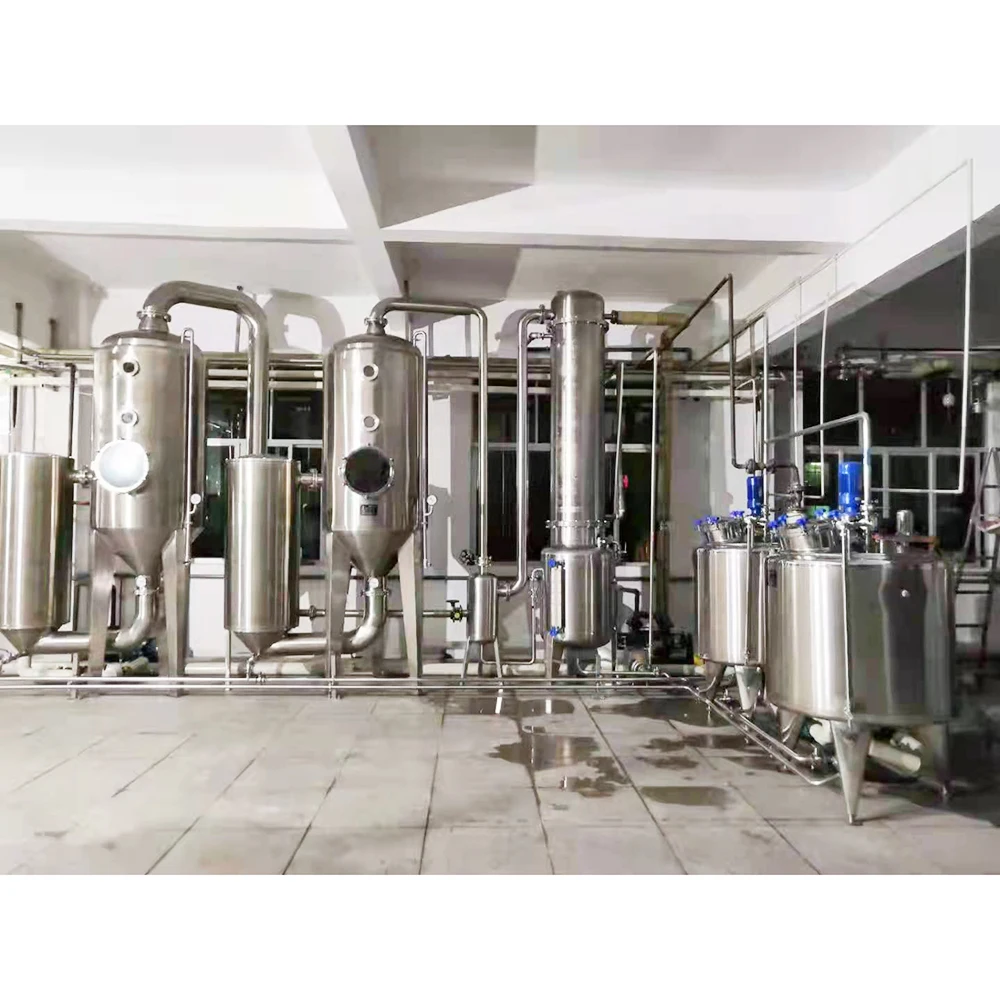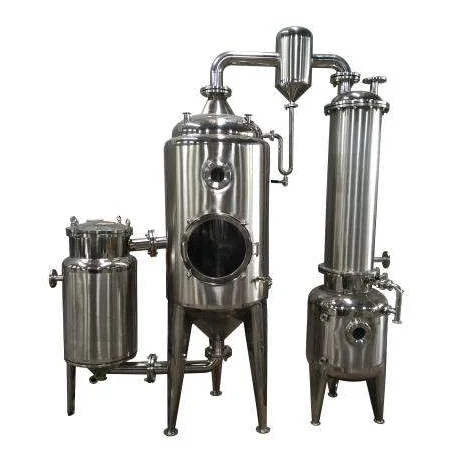ABOUT
Wenzhou Vince Machinery Science Co., Ltd. was established in early 1980s. Our company covers an area of 6500 square meters and is an independent legal representative firm, possessing rich economic technology strength. Our company is a high tech enterprise and plays an important role in national dairy, foodstuff, pharmacy and machinery industries. We are a beverage machinery supplier.
Since the establishment, our company has mainly engaged in dairy products, foodstuff, beverage machinery, bean products, yellow wine, medicines and fermentation projects. What's more, our company supplies a complete sequence services in manufacturing, installation, test and personnel train, as well as the whole direction service design and consulting service on product project construction or enlargement artistic distribution engineering sets budget.
Agitating Tank Optimization: Achieving Efficiency
Optimizing Impeller Design
The impeller is the heart of the agitation system, responsible for generating the required mixing energy. Selecting the right impeller type and dimensions is essential for achieving optimal mixing. Factors to consider include the viscosity of the fluid, the desired mixing intensity, and the tank size. For high-viscosity fluids, specialized impellers such as anchor or helical ribbon impellers may be more effective than standard propellers or turbines. Optimizing the impeller diameter and speed can also significantly influence the mixing efficiency.
Optimizing Tank Geometry
The shape and size of the tank play a crucial role in the effectiveness of the agitation process. The tank diameter, height, and baffles can influence the flow patterns and mixing quality. For example, baffles are often incorporated in tanks to prevent swirling and ensure better mixing throughout the entire volume. Optimizing the tank geometry involves finding the right balance between maximizing the tank volume and ensuring adequate mixing.
Process Parameter Optimization
Process parameters such as agitation speed, flow rate, and temperature can significantly impact the agitation performance. Adjusting these parameters can optimize the mixing process for specific applications. For example, increasing the agitation speed can increase the mixing intensity, but it can also lead to increased energy consumption. Finding the optimal operating point for each parameter is crucial for achieving efficient agitation.
Computational Fluid Dynamics (CFD) Modeling
CFD modeling is a powerful tool for simulating and optimizing agitation tank performance. CFD models can provide detailed insights into the flow patterns, mixing time, and power consumption within the tank. By using CFD simulations, engineers can explore different impeller designs, tank geometries, and process parameters to optimize the agitation process before actual implementation.
Continuous Monitoring and Control
Monitoring and controlling the agitation process in real time is essential for maintaining optimal performance. Sensors can be used to measure parameters such as agitation speed, temperature, and pressure, providing valuable data for process optimization. Advanced control systems can then adjust the agitation parameters based on these measurements, ensuring consistent and efficient mixing.
By implementing these strategies for optimizing agitation tank performance, industries can achieve significant improvements in efficiency, productivity, and product quality. The use of modern technologies, such as CFD modeling and advanced control systems, further enhances the optimization process, allowing for greater precision and effectiveness.SUBSCRIBE
INQUIRY




